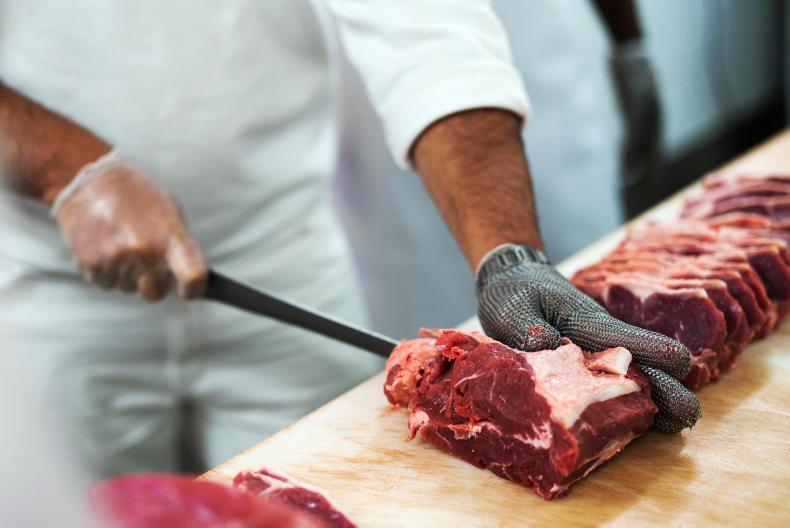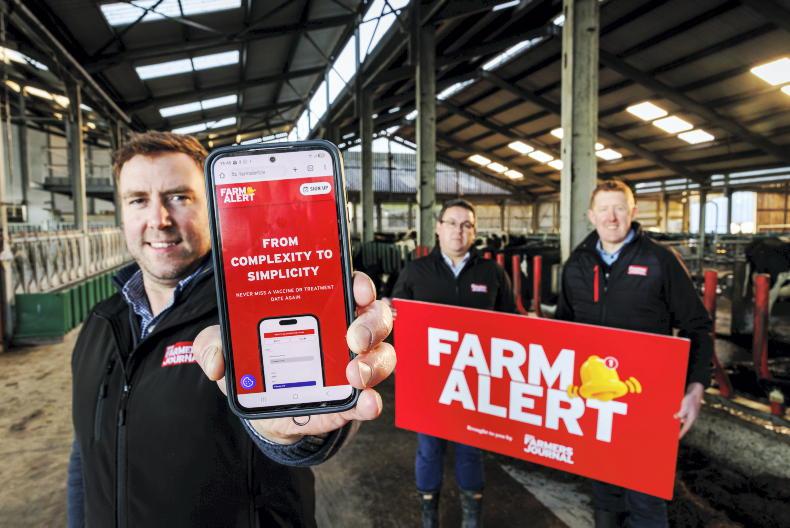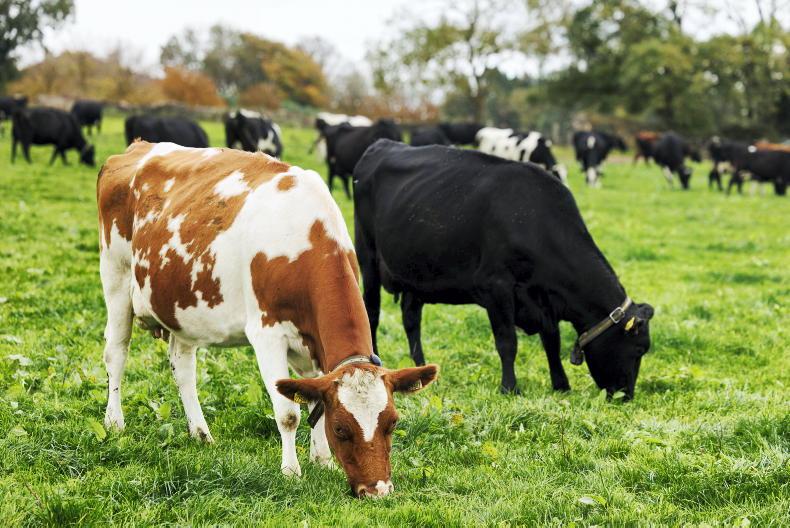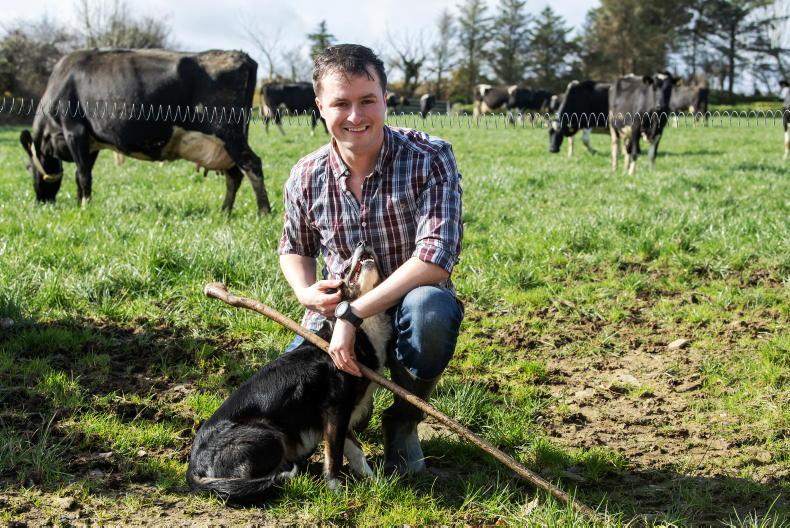The Irish Farmers Journal understands that Revenue is aware of a recruiter supplying foreign workers to meat factories who used a payment scheme that paid workers in Ireland through Poland.
Documents seen by the Irish Farmers Journal reveal that the Department of Employment Affairs and Social Protection has ruled that a Romanian operative of the recruiting firm AA Euro Recruitment Group Limited, was legally an employee and not a sole trader as AA had asserted.
Under the scheme, although a worker is physically working in Ireland, due to the contract they were deemed as self-employed and paid through a subsidiary company of AA in Poland.
The issue has come to a head as some workers operating in a large-scale Cork meat factory did not have enough Irish PRSI contributions in their names to avail of the illness benefit during the pandemic because their tax contributions had been paid in Poland.
Throughout the Department investigation, the factory management and AA maintained the worker was self-employed and, as such, the Department noted: “He did not get holiday or sick pay. If he didn’t come into work he didn’t get paid.”
The Department investigation uncovered that AA received payment from factories for the services of workers: “Payment is then made by AA Euro Recruitment to their Polish subsidiary [AA Recruitment Poland Spzoo] in respect of those workers on self-employed Polish contracts.
“The payment is converted in Polish zloyts. Deductions for Polish tax and social insurance are paid to the Polish authorities.”
Accountancy fees
The Department continues by noting that the recruitment agency charged workers accountancy fees for managing their self-employed contracts and that: “Rent is also deducted where the individual is renting accommodation in Ireland through AA Recruitment and the remainder of the money is paid into the individual’s account.”
When contacted for comment, AA Recruitment said: “All workers are correctly taxed and pay their social security in the relevant countries. All our workers are EU nationals.”
“We have over 200 workers in the food industry in Ireland, all are on the Irish payroll and pay all their taxes and social security here. None of these, as mentioned previously, are self-employed.”
However, the September 2019 document states the worker was operating incorrectly as a sole trader under AA’s Polish subsidiary with the Department stating he must be paid as employee. The change was made with immediate effect.
It is understood the remaining workers classed as self-employed were switched to employee status in December 2019.
Following the ruling, another well-known meat plant in the south of the country is understood to have cut ties with the agency.
However, the agency is currently recruiting meat workers for a plant in Kildare.
The Irish Farmers Journal understands that some of the workers were on the contracts for up to four years and the Workplace Relations Commission has received a large number of complaints in regard to the Polish contracts.
Revenue declined to provide details of specific cases but said it remained “alert” to the potential issues through the misclassification of employees as self-employed individuals.
Germany bans subcontracting in meat factories
The German government has recently placed a ban on subcontractors in meat plants, meaning all factory staff will have to be directly employed by the factory from January 2021.
The move follows widespread concern for workers’ rights after the outbreak in Tönnies in North Rhine-Westphalia, one of Germany’s largest pig processing plants, where over 1,300 workers tested positive for COVID-19 and a local lockdown was imposed.
It is estimated that up to two-thirds of the 90,000 staff working across major German meat plants are working through recruiters or subcontractors.
Read more
Hill farmers hit out at demands to destock uplands
Tillage sector contributes €1.3bn to the Irish economy
‘We would welcome unannounced inspections’ – Meat Industry Ireland
15 meat factories under ‘active investigation’
Meat factory recruitment under scrutiny
The Irish Farmers Journal understands that Revenue is aware of a recruiter supplying foreign workers to meat factories who used a payment scheme that paid workers in Ireland through Poland.
Documents seen by the Irish Farmers Journal reveal that the Department of Employment Affairs and Social Protection has ruled that a Romanian operative of the recruiting firm AA Euro Recruitment Group Limited, was legally an employee and not a sole trader as AA had asserted.
Under the scheme, although a worker is physically working in Ireland, due to the contract they were deemed as self-employed and paid through a subsidiary company of AA in Poland.
The issue has come to a head as some workers operating in a large-scale Cork meat factory did not have enough Irish PRSI contributions in their names to avail of the illness benefit during the pandemic because their tax contributions had been paid in Poland.
Throughout the Department investigation, the factory management and AA maintained the worker was self-employed and, as such, the Department noted: “He did not get holiday or sick pay. If he didn’t come into work he didn’t get paid.”
The Department investigation uncovered that AA received payment from factories for the services of workers: “Payment is then made by AA Euro Recruitment to their Polish subsidiary [AA Recruitment Poland Spzoo] in respect of those workers on self-employed Polish contracts.
“The payment is converted in Polish zloyts. Deductions for Polish tax and social insurance are paid to the Polish authorities.”
Accountancy fees
The Department continues by noting that the recruitment agency charged workers accountancy fees for managing their self-employed contracts and that: “Rent is also deducted where the individual is renting accommodation in Ireland through AA Recruitment and the remainder of the money is paid into the individual’s account.”
When contacted for comment, AA Recruitment said: “All workers are correctly taxed and pay their social security in the relevant countries. All our workers are EU nationals.”
“We have over 200 workers in the food industry in Ireland, all are on the Irish payroll and pay all their taxes and social security here. None of these, as mentioned previously, are self-employed.”
However, the September 2019 document states the worker was operating incorrectly as a sole trader under AA’s Polish subsidiary with the Department stating he must be paid as employee. The change was made with immediate effect.
It is understood the remaining workers classed as self-employed were switched to employee status in December 2019.
Following the ruling, another well-known meat plant in the south of the country is understood to have cut ties with the agency.
However, the agency is currently recruiting meat workers for a plant in Kildare.
The Irish Farmers Journal understands that some of the workers were on the contracts for up to four years and the Workplace Relations Commission has received a large number of complaints in regard to the Polish contracts.
Revenue declined to provide details of specific cases but said it remained “alert” to the potential issues through the misclassification of employees as self-employed individuals.
Germany bans subcontracting in meat factories
The German government has recently placed a ban on subcontractors in meat plants, meaning all factory staff will have to be directly employed by the factory from January 2021.
The move follows widespread concern for workers’ rights after the outbreak in Tönnies in North Rhine-Westphalia, one of Germany’s largest pig processing plants, where over 1,300 workers tested positive for COVID-19 and a local lockdown was imposed.
It is estimated that up to two-thirds of the 90,000 staff working across major German meat plants are working through recruiters or subcontractors.
Read more
Hill farmers hit out at demands to destock uplands
Tillage sector contributes €1.3bn to the Irish economy
‘We would welcome unannounced inspections’ – Meat Industry Ireland
15 meat factories under ‘active investigation’
Meat factory recruitment under scrutiny









SHARING OPTIONS